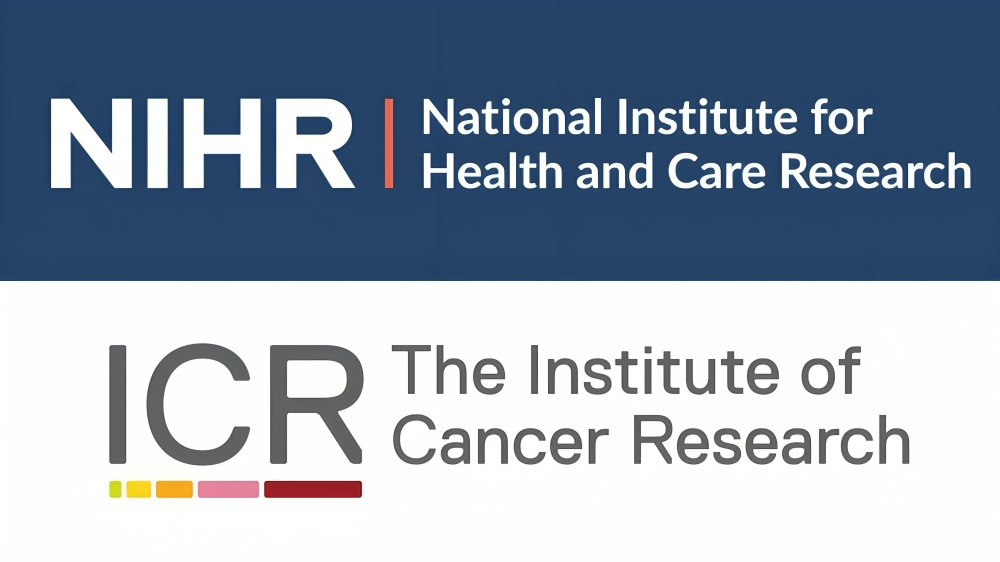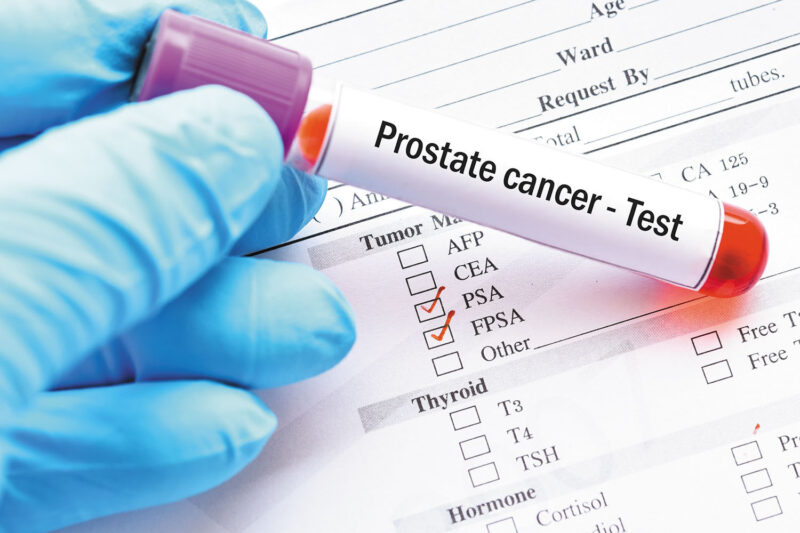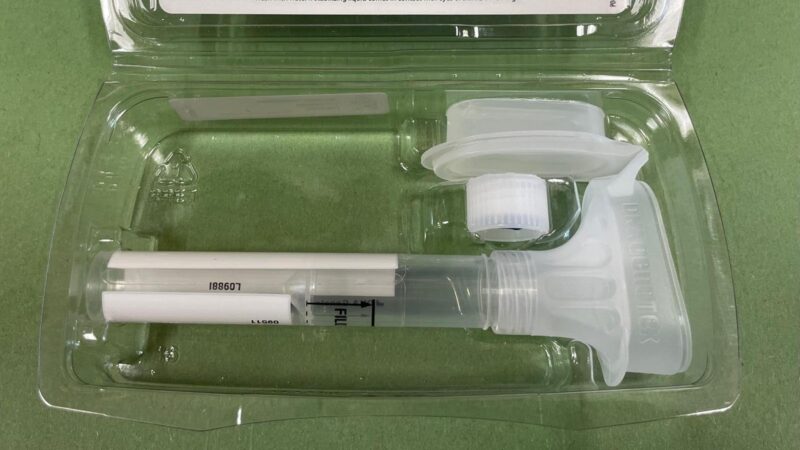
ICR Receives new NIHR Funding to Enhance Prostate Cancer Detection
The Institute of Cancer Research, in collaboration with the Royal Marsden NHS Trust, is developing a groundbreaking saliva test designed to identify the risk of prostate cancer.
This innovative test aims to allow men to assess their risk from the comfort of their homes, potentially saving lives before cancer develops. Between one in four and one in five men will fall into a higher-risk category for prostate cancer during their lifetime, a disease that currently claims over 12,000 lives annually in the UK.
The trial will identify men likely to develop prostate cancer so they can be offered annual checks, which will include prostate-specific antigen (PSA) blood tests and MRI body scans. If either test returns abnormal results, a biopsy will be performed. Earlier trials suggest that this new saliva method is nearly twice as effective at detecting prostate cancer as the existing PSA blood test alone.

Currently, the PSA test is not routinely offered to men due to its tendency to produce false positives, but men over 50 can request it if they experience symptoms.The PRODICT test costs £400, which scientists insist is cheaper than an MRI scan. Trial leader Professor Ros Eeles from the Institute of Cancer Research (ICR), who also works as a consultant in cancer genetics at the Royal Marsden NHS Foundation Trust, said
“We are not talking about a test that costs thousands of pounds and it’s going to get cheaper over time. This has the potential to save thousands of lives. We are looking to find more cases much earlier, which should result in better survival rates.”
This innovative approach reflects a significant advancement in the early detection of prostate cancer, addressing a critical need for effective screening methods amid rising incidence rates and mortality associated with the disease. The ongoing £42 million TRANSFORM trial will directly compare the PRS saliva test to the PSA blood test and MRI scan, assessing whether those with low genetic risk may benefit from this alternative screening tool.

The study has already shown promising results: among men with high polygenic risk scores (PRS), 40% were diagnosed with prostate cancer after further screening, highlighting the saliva test’s ability to identify aggressive cancers more effectively than traditional methods. With this advancement, there is hope that early detection through non-invasive testing could significantly improve survival rates for men at risk of prostate cancer.
As aging populations and increasing life expectancy contribute to the rising number of older men worldwide, experts believe it will be impossible to prevent the surge in prostate cancer cases solely through lifestyle changes or public health interventions. However, better testing and earlier diagnosis could help reduce the burden and save lives.
Professor Kristian Helin, Chief Executive at ICR, said:
“Cancers that are picked up early are much more likely to be curable.”
This research is a promising step toward improving outcomes for prostate cancer patients and highlights the role that genetic testing can play in saving lives.
“We’re delighted to receive new National Institute for Health and Care Research funding for our research aiming to diagnose Prostate Cancer earlier.
Wes Streeting describes the potential at-home saliva test to be ‘the holy grail for the future of healthcare’ in the Daily Mirror today.”
Prostate Cancer: What patients should know about
-
Challenging the Status Quo in Colorectal Cancer 2024
December 6-8, 2024
-
ESMO 2024 Congress
September 13-17, 2024
-
ASCO Annual Meeting
May 30 - June 4, 2024
-
Yvonne Award 2024
May 31, 2024
-
OncoThon 2024, Online
Feb. 15, 2024
-
Global Summit on War & Cancer 2023, Online
Dec. 14-16, 2023
